We’ve all been there. You have a question, and you open a browser. You type a few words into a search bar, hit Enter, and begin the digital treasure hunt—clicking through links, opening new tabs, and piecing together information. This is the art of traditional web surfing, a skill we’ve honed for decades. But now, a new contender has entered the ring: Artificial Intelligence.
AI-powered search engines and chatbots promise to deliver not just links, but direct answers, summaries, and creative solutions in seconds. This shift represents one of the biggest changes to how we access information since the invention of the search engine itself.
So, who wins in the battle for your attention? Is the classic, hands-on approach of web surfing obsolete? Or does the new, efficient world of AI come with hidden costs? Let’s dive in and explore the strengths and weaknesses of each, helping you decide which tool is right for the job.
The Enduring Charm of Traditional Web Surfing: The Joy of Discovery
Think of traditional web surfing as exploring a vast, sprawling library by yourself. You are in complete control. You choose which aisles to walk down (the search results), which books to pull off the shelf (the websites), and how deeply you want to read. This method is active, not passive. It engages your critical thinking skills as you evaluate sources, compare different viewpoints, and build a mental map of a topic.
The true magic of this approach lies in serendipity—the happy accident of stumbling upon something wonderful you weren’t even looking for. You might search for a recipe and end up on a fascinating food history blog, or research a travel destination and discover a local festival happening during your visit. This process of exploration fosters a deeper, more personal connection to the information. You aren’t just getting an answer; you are on a journey, and the detours are often as valuable as the destination itself.
While it can be slower and sometimes lead to information overload, this manual method gives you ultimate autonomy. You are the curator of your own knowledge.
The Rise of the AI Navigator: A Smarter, Faster Way?
If traditional surfing is like exploring a library, AI-powered search is like having a personal expert librarian who reads every book and gives you a custom summary. Instead of providing a list of potential sources, AI aims to synthesize information and give you a direct, conversational answer. Tools like ChatGPT, Google’s Gemini, and Perplexity AI are changing the game from “searching” to “asking.”
The primary advantage is undeniable: efficiency. A complex query that would normally require opening ten tabs can be answered in a single, well-structured paragraph. You can ask it to plan a trip, write code, summarize a dense scientific paper, or explain a difficult concept in simple terms. This saves an immense amount of time and mental energy, allowing you to get to the core of your query instantly.
Furthermore, AI excels at re-framing information. You can ask it to “explain this like I’m five” or “put this in a table,” making complex data more accessible. It’s a powerful tool for productivity and rapid learning, acting as a tireless assistant ready to tackle your questions.
Real-World Showdown: Searching Examples in Action
The difference between these two methods becomes crystal clear when you see them in action. Let’s look at a few common search queries.
Example 1: Planning a Vacation
- Traditional Surfing: You’d likely have multiple tabs open: one for flights, one for hotels on Booking.com, another for TripAdvisor reviews, a few travel blogs for “hidden gems in Lisbon,” and Google Maps to see where everything is. You slowly piece together an itinerary based on your research.
- AI Search: You ask, “Plan a 5-day budget-friendly itinerary for a first-time visitor to Lisbon, focusing on history and food. Include suggestions for non-touristy restaurants.” The AI would generate a day-by-day plan, complete with activity suggestions, restaurant names, and even estimated travel times between locations, all in one consolidated response.
Example 2: Fixing a Home Appliance
- Traditional Surfing: Your search for “why is my dishwasher not draining” leads you to a dozen forum posts, a few YouTube tutorials with varying production quality, and the official manufacturer’s manual (which you can’t find). You have to watch and read through several sources to find one that matches your specific model.
- AI Search: You ask, “Give me a step-by-step troubleshooting guide for a Bosch SHX878WD5N dishwasher that isn’t draining. List the tools I’ll need.” The AI provides a structured, logical checklist, from the simplest fix (checking the filter) to more complex ones (inspecting the drain hose), saving you from wading through irrelevant videos.
Comparison Table: A Head-to-Head Breakdown
| Feature | Traditional Web Surfing | AI-Powered Search |
| Process | Active exploration; user-driven discovery and synthesis. | Conversational query; AI-driven synthesis and delivery. |
| Speed & Efficiency | Slower; requires manual sifting through multiple sources. | Extremely fast; provides direct answers and summaries in seconds. |
| Discovery & Serendipity | High; prone to accidental, valuable discoveries. | Low; focused on delivering a direct answer to the query. |
| Control & Autonomy | High; user has full control over sources and information path. | Low; user trusts the AI’s “black box” to provide an accurate summary. |
| Information Synthesis | Done manually by the user, building a personal understanding. | Done automatically by the AI, presenting a finished product. |
| Potential Pitfalls | Information overload, filter bubbles, time-consuming. | “Hallucinations” (false info), source bias, lack of nuance. |
| Best For… | In-depth research, open-ended exploration, verifying sources. | Quick answers, productivity tasks, summarizing complex topics. |
The Human Element: Trust, Bias, and the Future
While AI is incredibly powerful, it’s not infallible. A significant concern is the issue of “hallucinations,” where an AI confidently presents incorrect information as fact. Because it doesn’t cite its sources in the same way a list of links does, it can be harder to verify its claims. Furthermore, AI models are trained on vast datasets from the internet, meaning they can inherit and amplify existing human biases.
This is where traditional web surfing retains a critical edge. By visiting primary sources, comparing multiple articles, and evaluating the credibility of different domains (.edu, .gov, .com), you engage in a crucial act of digital literacy. You learn to be skeptical and to think critically about where information comes from.
The future, therefore, is unlikely to be an “either/or” scenario. The smartest users won’t abandon one for the other; they will learn to use them in tandem.
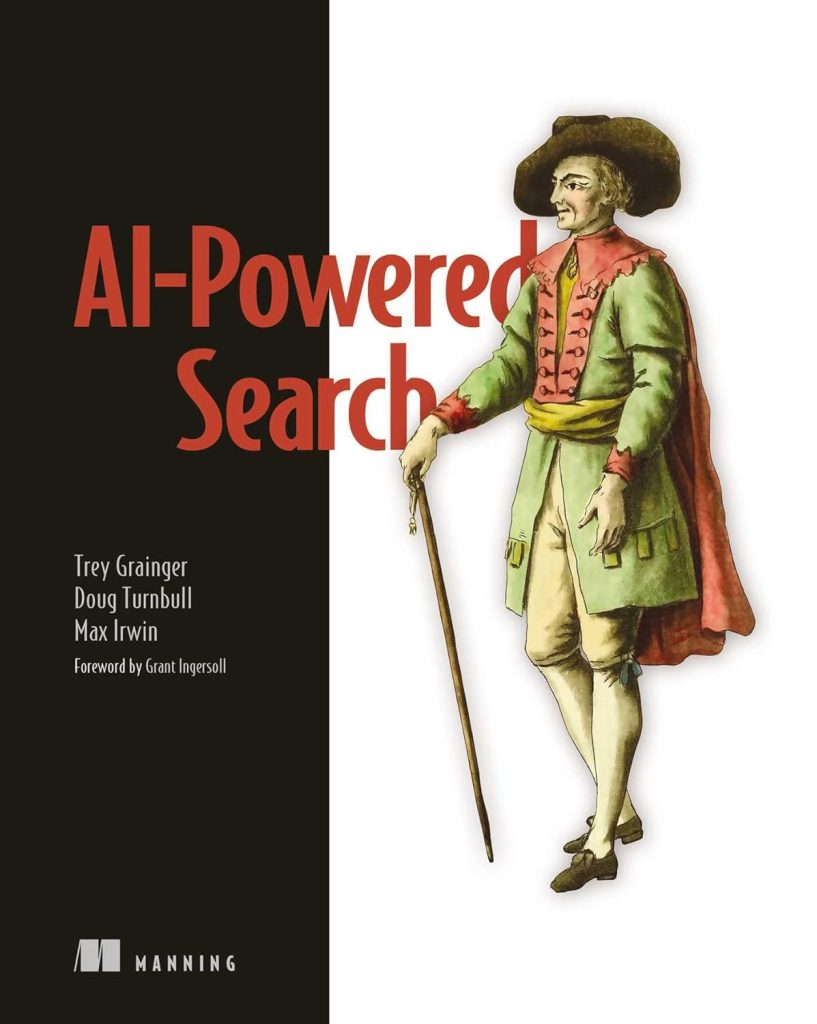
A groundbreaking guide for tech professionals, AI-Powered Search by Trey Grainger reveals how intelligent search systems are transforming industries. Packed with real-world applications and future-proof strategies, it’s essential for anyone working with data, AI, or search technology.
#ArtificialIntelligence #SearchTechnology #MachineLearning #DataDriven #FutureOfWork
Conclusion: The Winner Isn’t One or the Other—It’s You
So, who wins the battle for your attention? The final verdict is clear: there is no single winner. Traditional web surfing and AI are not enemies fighting for the same throne. Instead, they are different tools in your information-gathering toolkit, each with a specific purpose.
Use AI as your brilliant, hyper-efficient research assistant. Ask it to summarize, brainstorm, plan, and give you a starting point. It’s perfect for boosting productivity and getting straight to the point.
But when you need depth, when you want to explore the nuances of a topic, or when the absolute verification of facts is critical, turn back to traditional web surfing. Embrace the journey of discovery, the control of being in the driver’s seat, and the satisfaction of building your own understanding.
The true winner is the informed user who knows when to ask for a summary and when to roll up their sleeves and explore the library themselves.
See Also
-
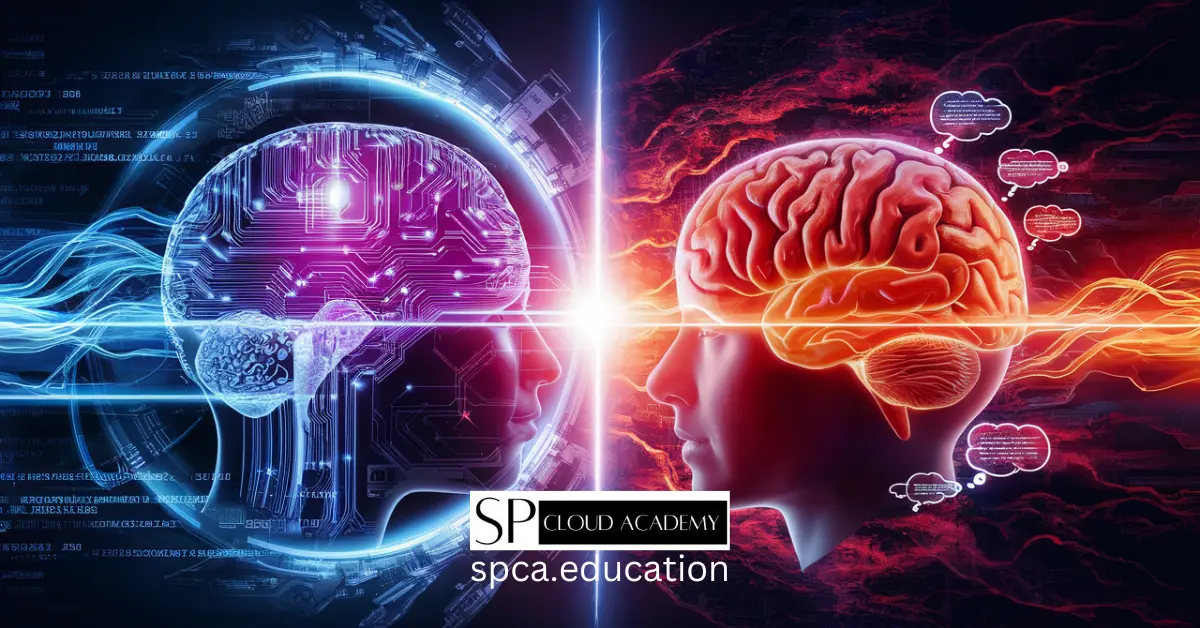
AI vs. The Mind: The Ultimate Battle Between Machine and Thought
-

Lifelong Learning in the AI Era: How Upskilling Can Future-Proof Your Career
-

Personalized AI Tutoring Tools: The Future of Smarter Learning
-
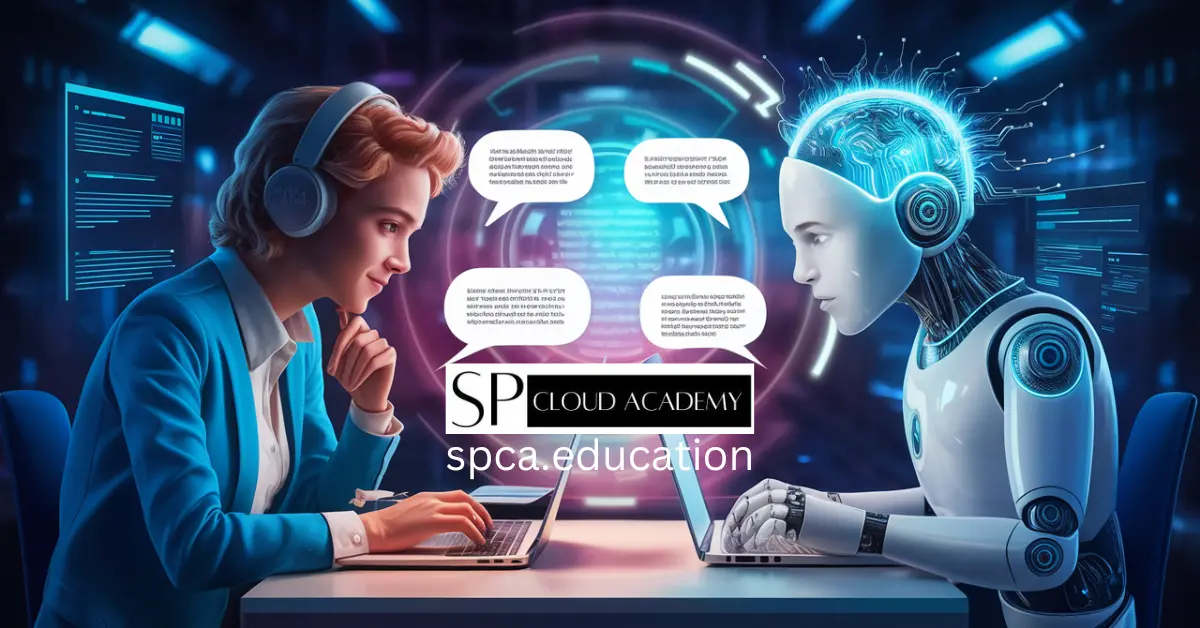
Blogging vs. AI: Who Owns the Future of Online Content? A Deep Dive
-
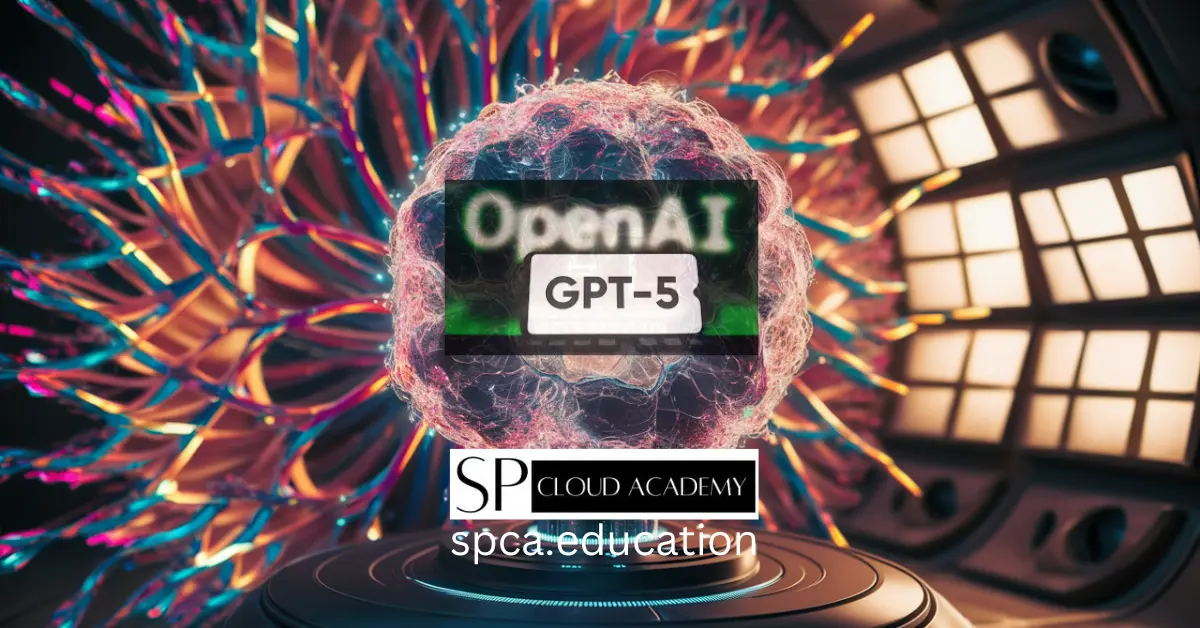
Why GPT-5 Might Be the Most Intelligent AI Ever Created
-
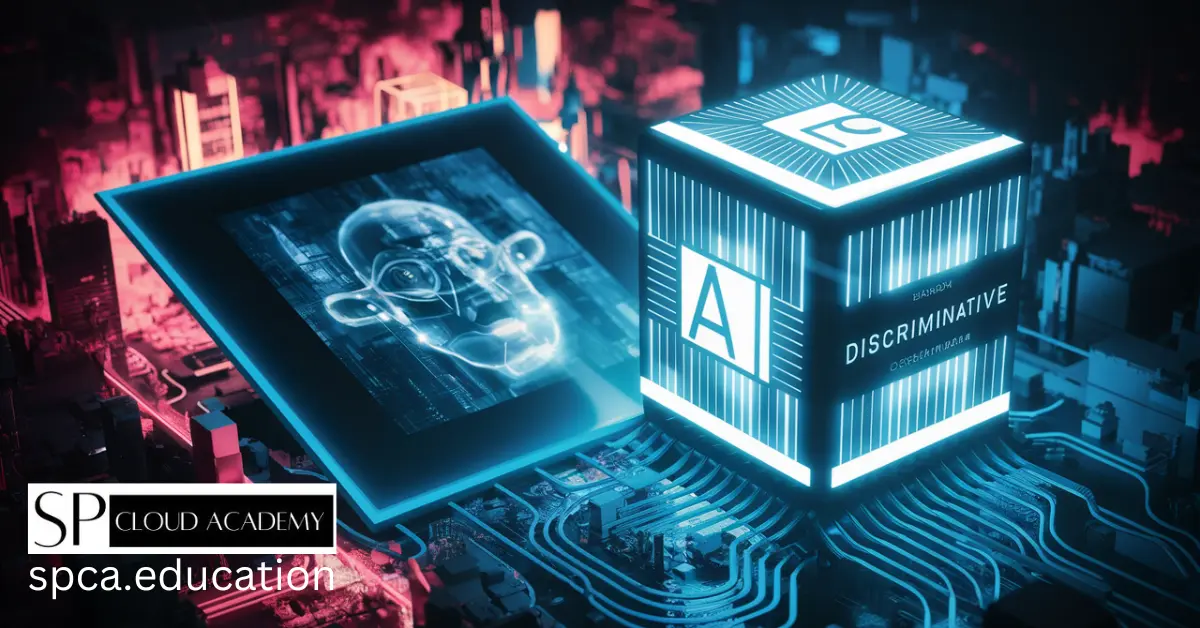
Unlocking the Power of Discriminative AI: The Future of Intelligent Decision-Making
-

Unlocking Creativity: The Fundamentals of Generative AI Explained
-

Traditional Web Surfing vs AI: Who Wins the Battle for Your Attention?
-

Stay Ahead of the Curve: 9 AI Skills That Set You Apart in 2025
-
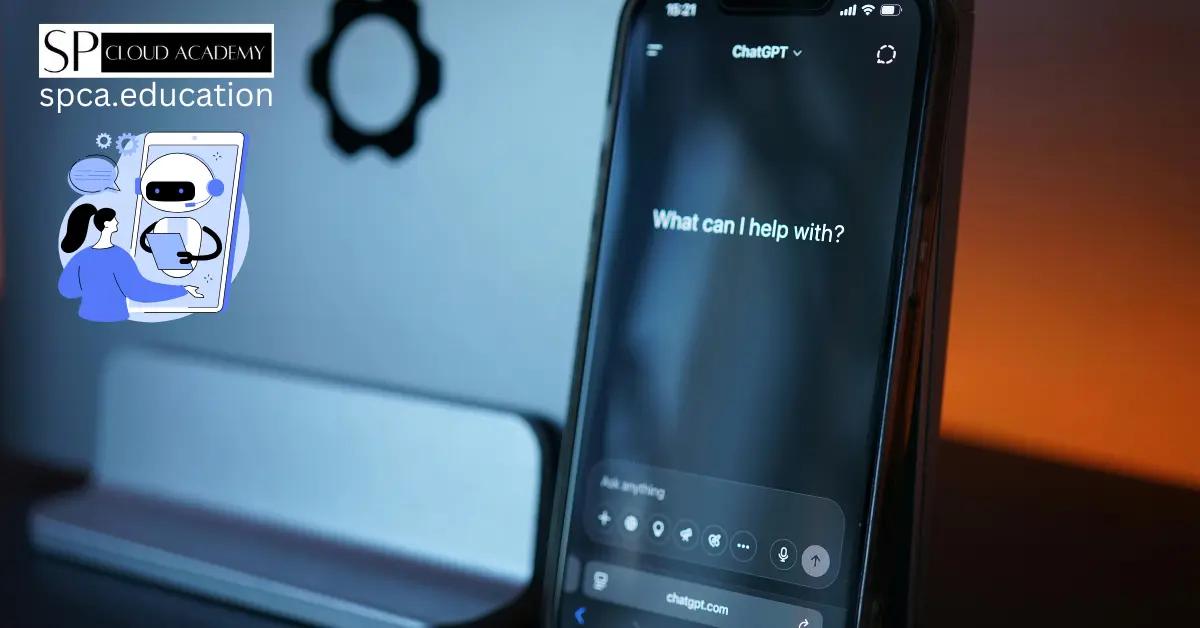
Smarter Than Search: How AI Is Reshaping the Way We Find Information
-

Make Money While You Sleep: The Ultimate Guide to AI-Powered Passive Income
-

Microsoft Copilot Is Changing Work Forever — Here’s How It Impacts You